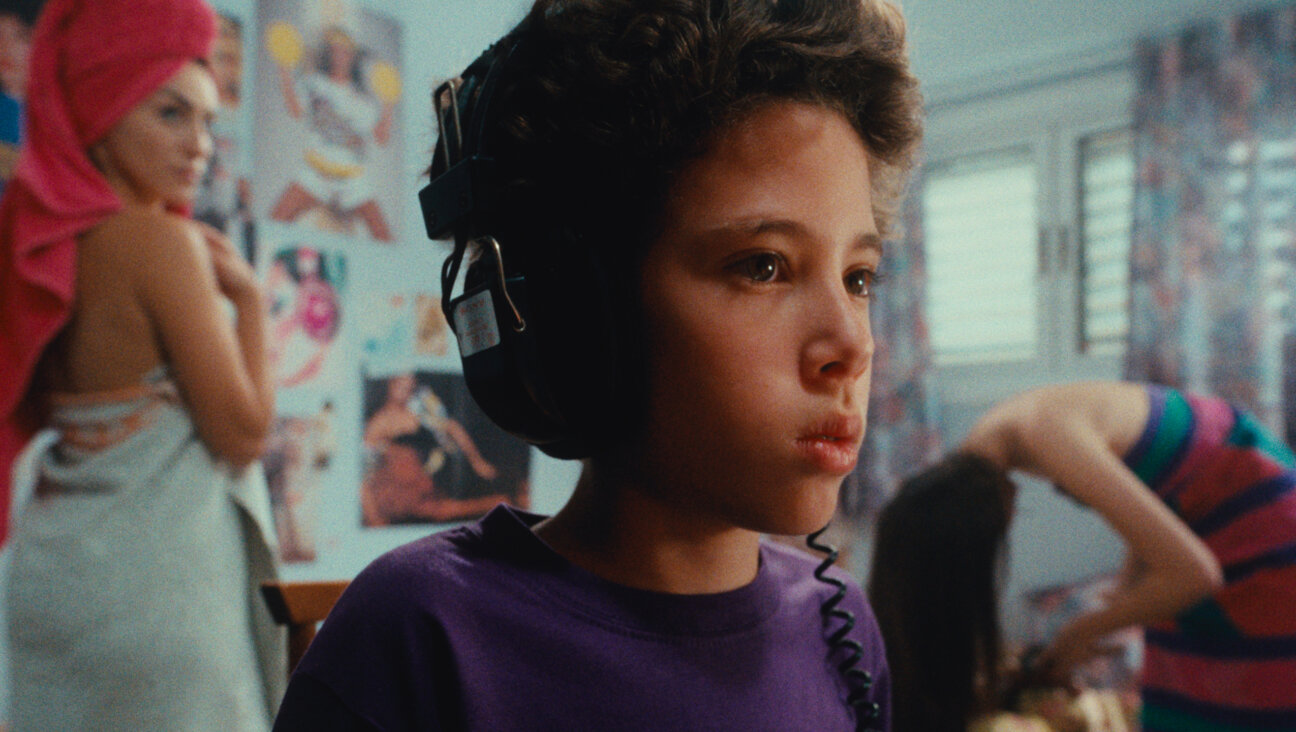Chris Rock and the Politics of Frizz
Comedian Chris Rock has made a documentary that delves into the roots of the painful politics surrounding black women’s hair. Inspired by Rock’s young daughter, who asked him why she didn’t have “good” hair, the film looks like it’s going to be a fascinating and hilarious take on the way race and gender issues are played out on the surface of women’s bodies. “Good Hair” also aims its lens at the way the multibillion-dollar beauty industry is built around maintaining often difficult-to-achieve beauty norms — norms that may be more dangerous than we think.
The trailer is below:
The politics of straightness surrounding Jewish women’s hair is certainly not as specifically fraught an issue for Jewish women — we don’t have an industry of relaxers and weaves aimed just at us, for instance — but there are instructive parallels to be, forgive the pun, teased out.
At my heavily Jewish high school, the curly-haired girls who had a recent professional blow-out were envied, and given “goddess for a day” status. Some even got semi-permanent relaxers in their hair. Many Jewish women have a stash of irons and straighteners piled up under their sinks or gobs of pomade in their hair to keep their curls from turning into frizz. Others may have trouble finding stylists that understand naturally curly hair.
So how much of this coiffure conundrum, to which Lilith magazine devoted a whole issue, is about assimilation and rejecting an ethnic identitifier and how much is just about gendered expectations for conformity, a desire on the part of girls and women to not have hair that’s perceived as messy, funny or unruly? The answer of course is it’s a combination of both. While Jewfros maybe a source of humor or personality on men (think Seth Rogen’s character in “Knocked Up” telling Katherine Heigl that the only “product” he uses in his hair is “Jew”), it’s a tougher issue for women. As teenager Jane Horowitz wrote in the 2007 teen essay anthology “RED”:
The Jewish Hair makes the boys who they are and the girls who they would never want to be. A Jewish girl spends hours at a time in front of her bathroom mirror, shaking and twisting, twirling and pulling. A Jewish boy, however, rolls out of bed in the morning, glances into a mirror, and heads off to school.
This essay, and Rock’s daughter’s question, are reminders that it’s particularly important to reach out to younger girls and help them combat troubling beauty standards early, when they can be most painful and damaging.
“Good Hair” hits theaters in October.
Sarah Seltzer is a freelance writer in NYC.

















